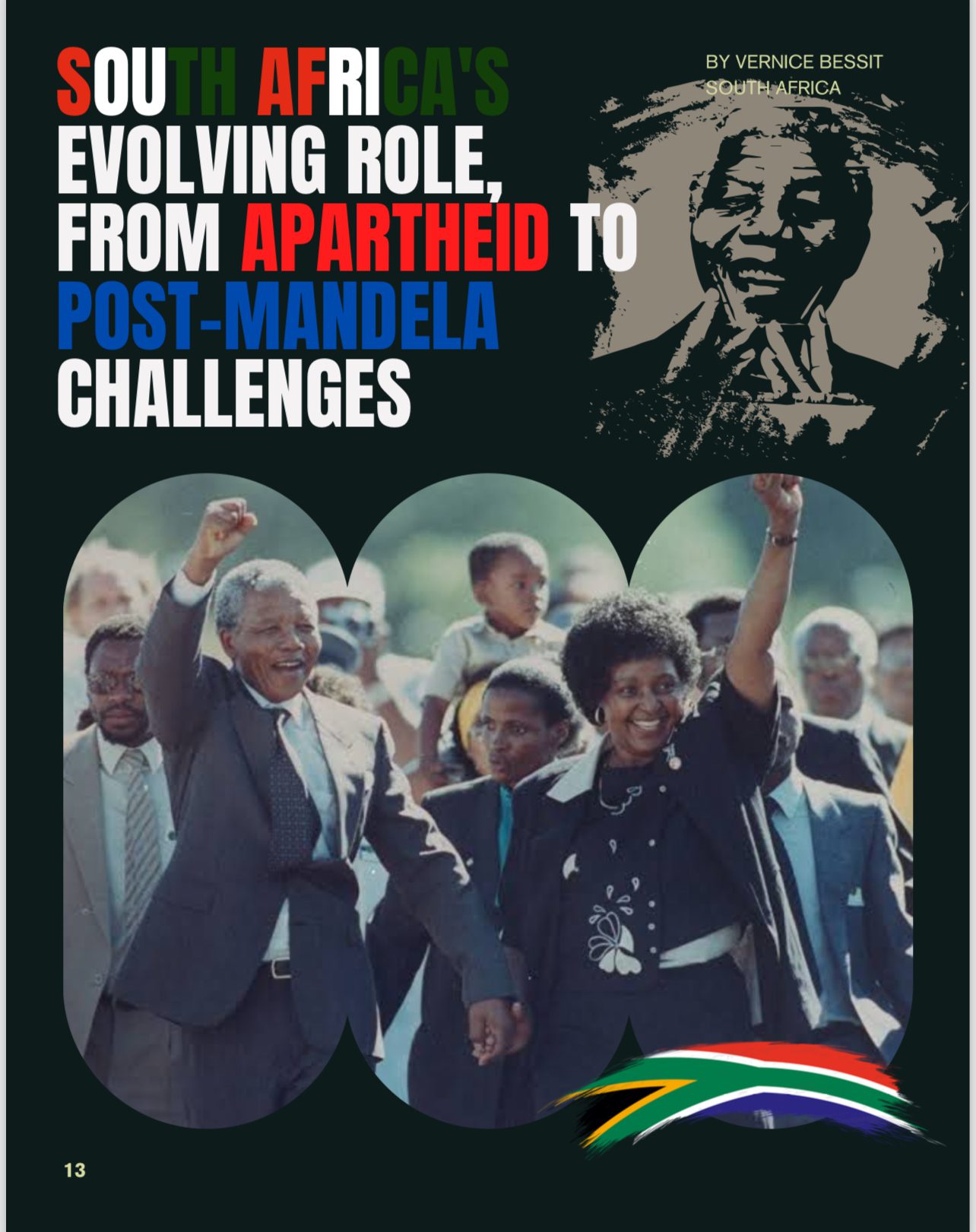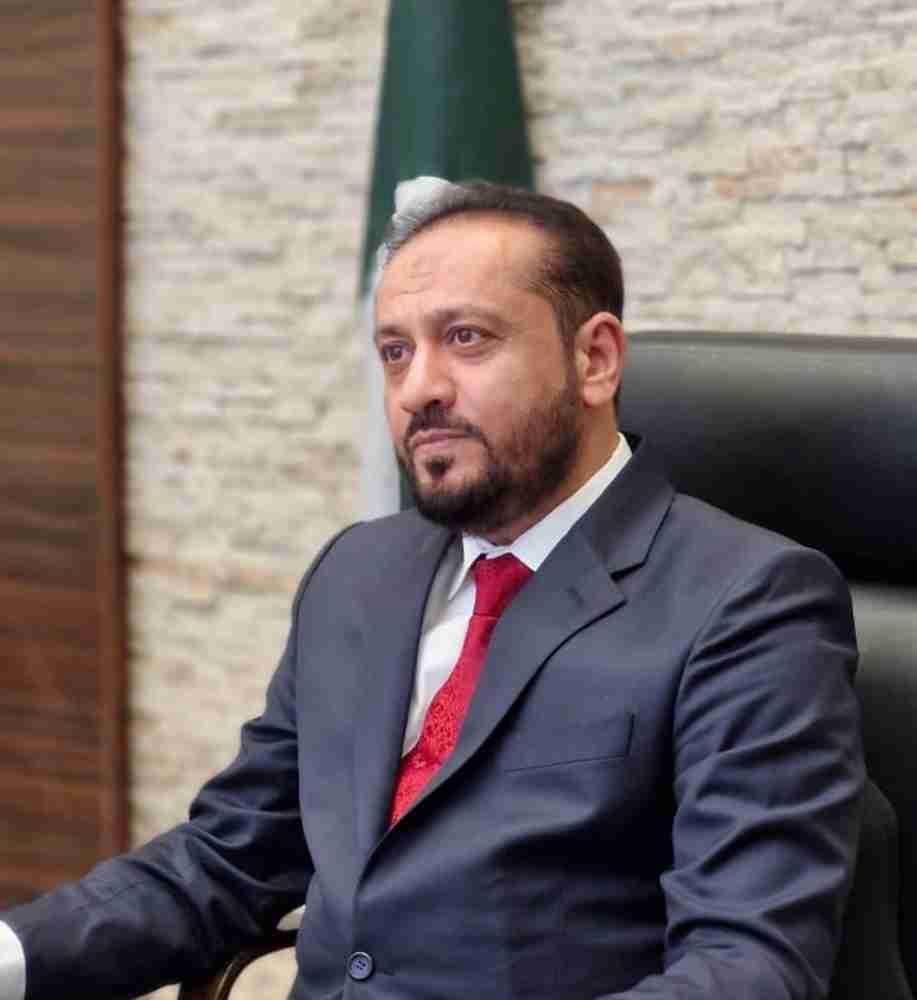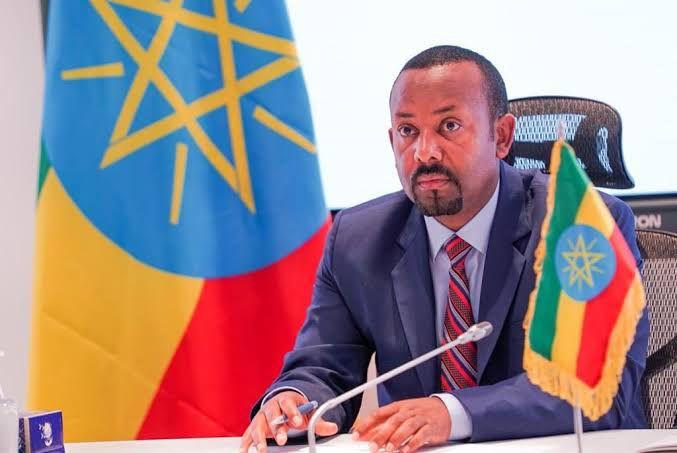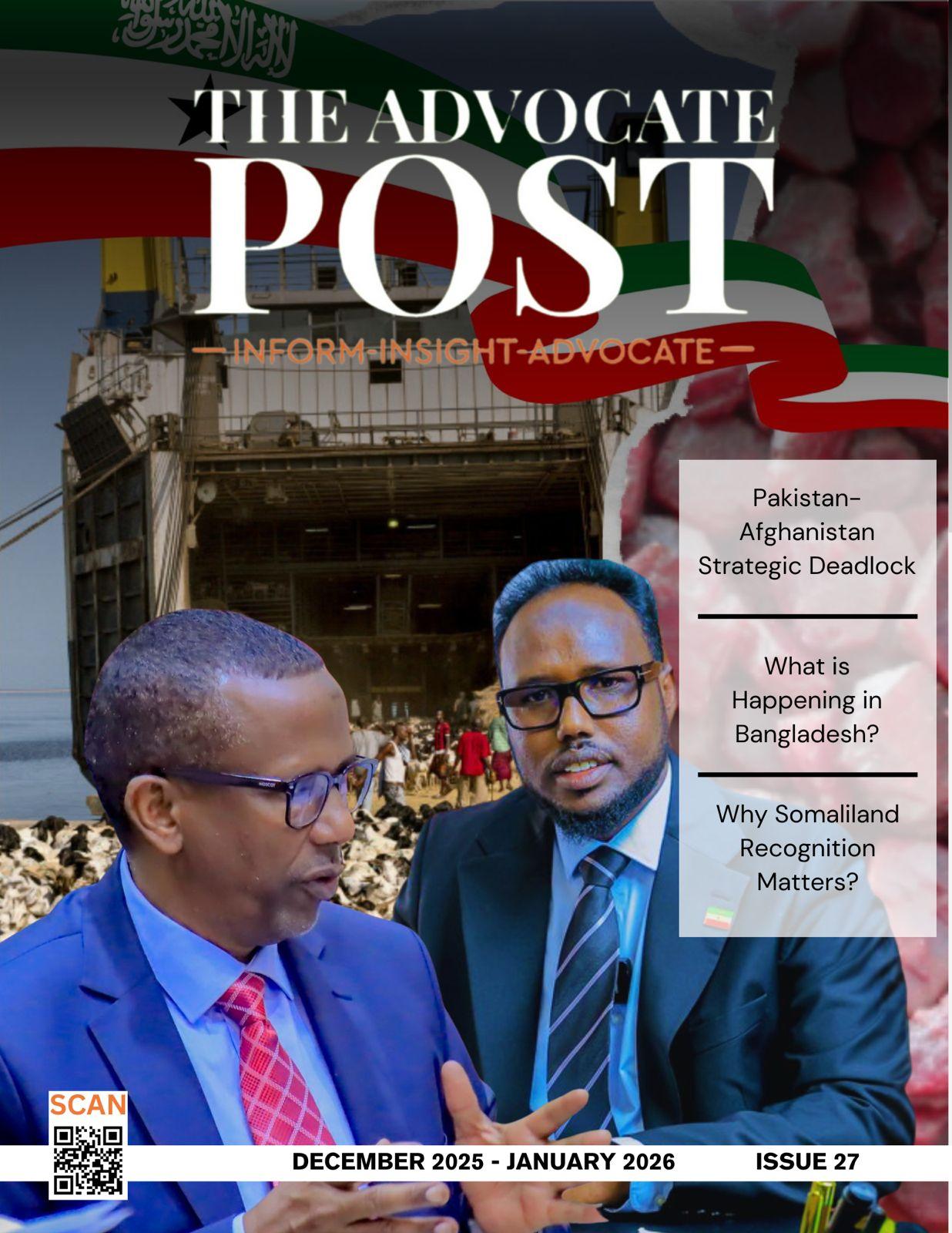By Vernice Bessit, South Africa
South Africa’s historical involvement in the Israel-Palestine conflict has undergone a significant transformation, particularly in the post-apartheid era. When we look at the shifts in South Africa’s stance, the influence of its apartheid history, and the nation’s commitment to the Palestinian cause.
Additionally, we should dive deep into Nelson Mandela’s legacy and the challenges faced by South Africa in the post-Mandela era.
During the apartheid era, South Africa faced criticism for its close ties with Israel, leading to accusations of collaboration between two internationally condemned states. However, with the end of apartheid in 1994 and the establishment of a democratic government, South Africa underwent a policy shift. Influenced by parallels between apartheid and the Israeli occupation, the nation expressed solidarity with the Palestinian struggle for self-determination.
The African National Congress (ANC), South Africa’s ruling party, consistently supported the Palestinian people’s right to statehood and condemned Israeli actions in the occupied territories. The government took tangible steps, such as withdrawing its ambassador from Israel in protest against the killing of Palestinian protesters in 2018.
Echoing strategies employed during the anti-apartheid movement, there have been calls within South Africa to boycott and divest from companies with ties to Israel. This includes advocating for the boycott of Israeli goods and supporting the global Boycott, Divestment, and Sanctions (BDS) movement against Israel. While public opinion in South Africa on the Israel-Palestine conflict is diverse, the government’s stance has generally been supportive of the Palestinian cause.
Nelson Mandela, the iconic anti-apartheid revolutionary and South Africa’s first black president, envisioned a united, democratic, and non-racial nation. His presidency, marked by efforts to bring about a peaceful transition from apartheid to democracy, emphasised reconciliation, nation-building, and addressing deep-seated inequalities. His leadership saw the establishment of the Truth and Reconciliation Commission (TRC), which allowed victims and perpetrators to share their stories in exchange for amnesty. This initiative aimed at healing the wounds of the past and fostering forgiveness and reconciliation.
After Mandela’s presidency, South Africa faced the daunting task of addressing economic disparities. The Reconstruction and Development Programme (RDP) was launched to promote economic growth, infrastructure development, and social services.
However, progress was slow, and subsequent leaders, including Thabo Mbeki and Jacob Zuma, grappled with economic fluctuations, high unemployment rates, and debates over land reform.
The African National Congress (ANC) continued to dominate politics but faced criticism for corruption, governance issues, and unfulfilled promises. South Africa experienced changes in leadership, economic challenges, and ongoing social issues, shaping the narrative of post-apartheid South Africa.
South Africa’s transition from apartheid to democracy mirrors its changing global position, notably in the context of the Israel-Palestine conflict. Mandela’s enduring influence on reconciliation and nation-building remains palpable, yet contemporary challenges underscore the intricacies of tackling economic disparities and societal problems.
Negotiating the post-apartheid landscape requires a nuanced understanding of evolving leadership and governance dynamics, shaping the nation’s course.
The imperative to stay abreast of current developments is evident, emphasizing the importance of accessing up-to-date information from reliable sources to comprehend South Africa’s ongoing journey and contribute to informed discussions on its multifaceted political, social, and economic dimensions.
Vernice Bessit is a writer from South Africa.





